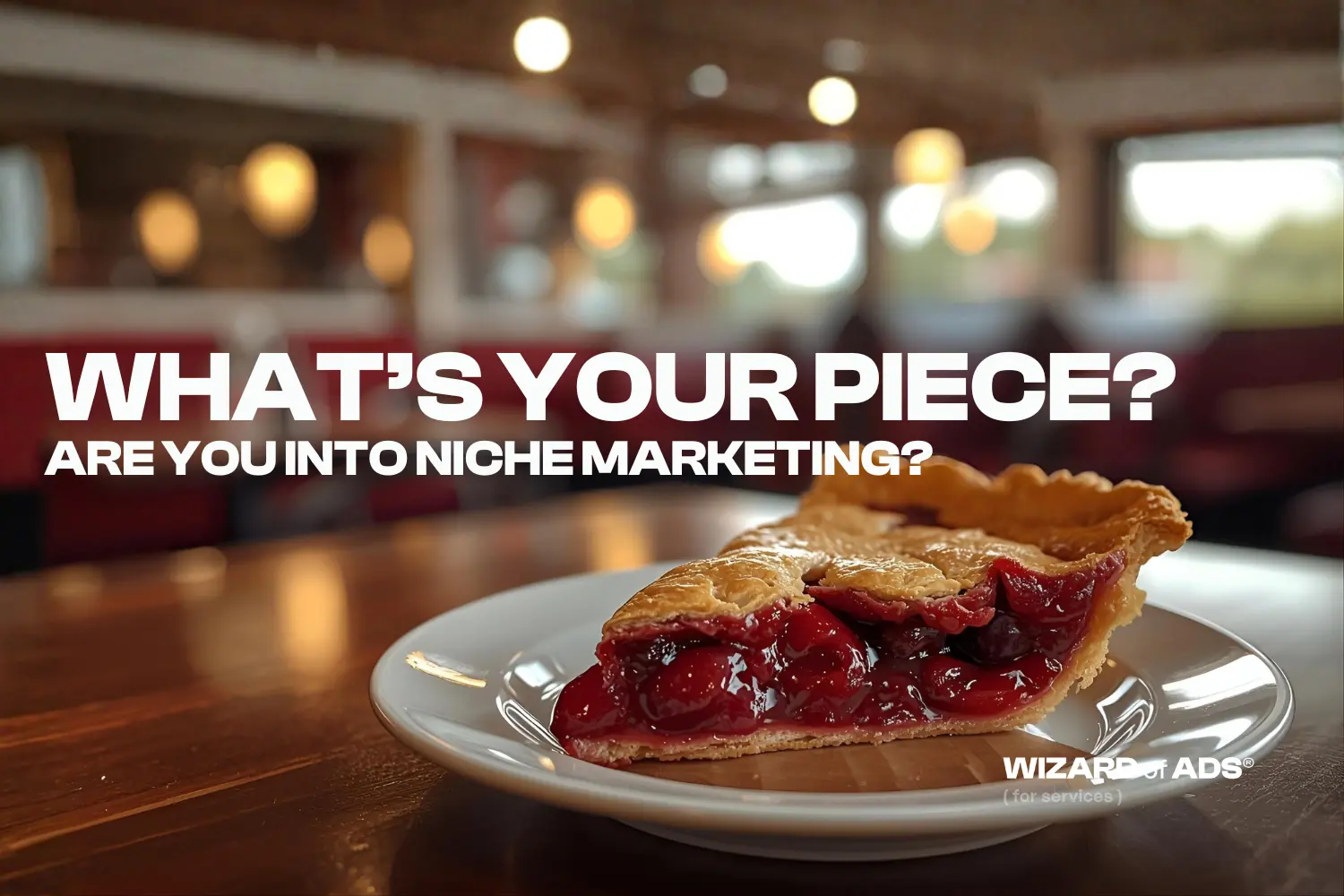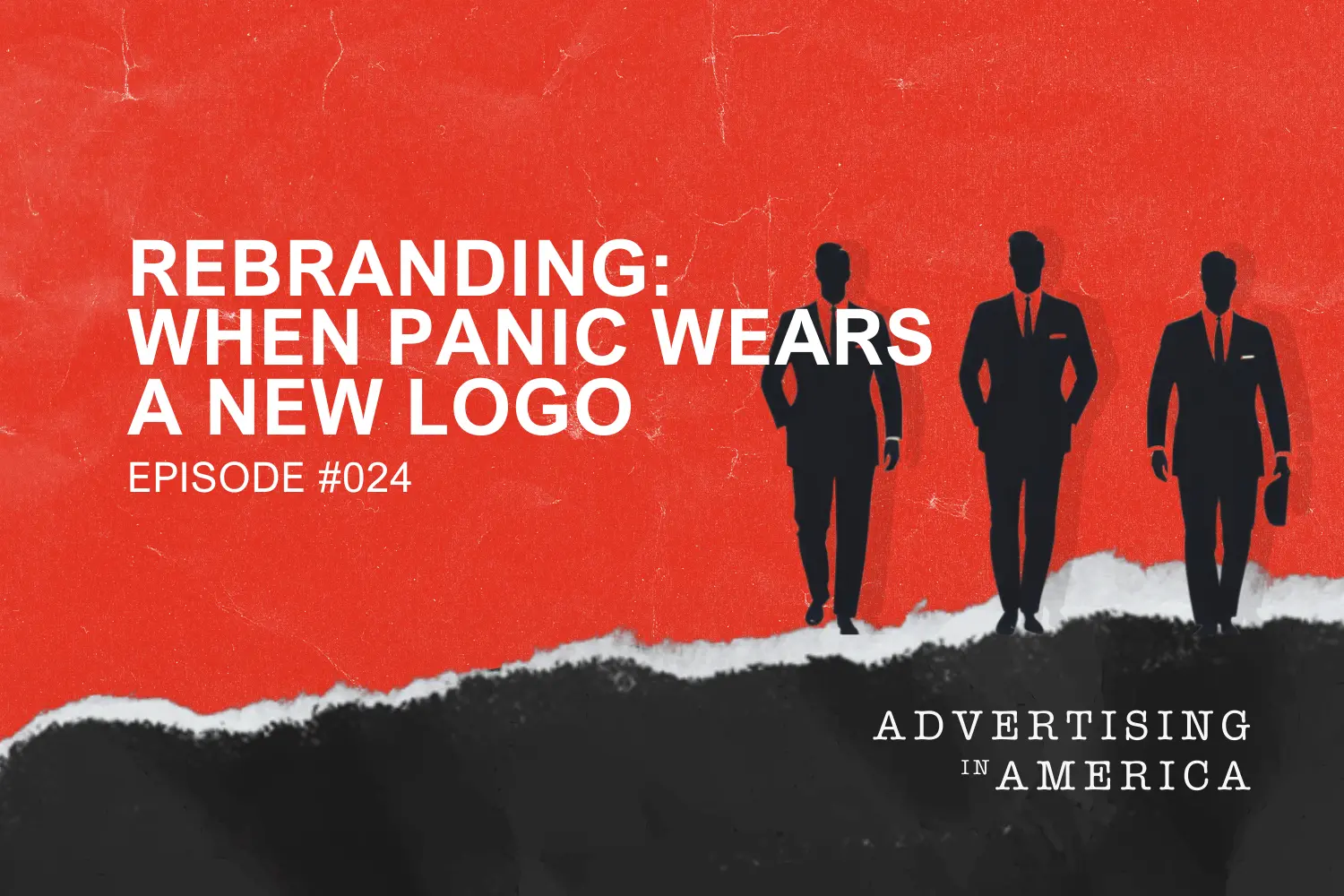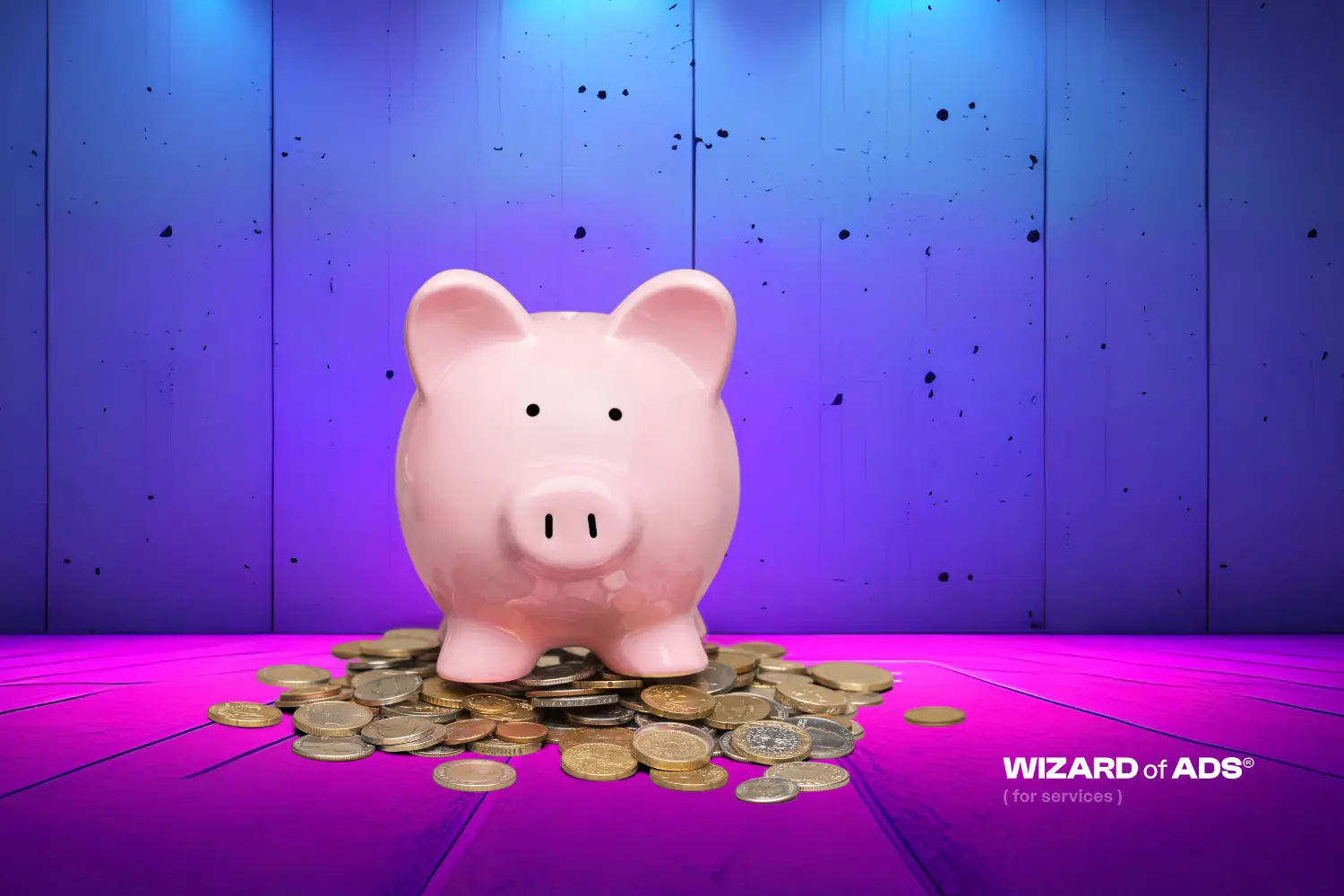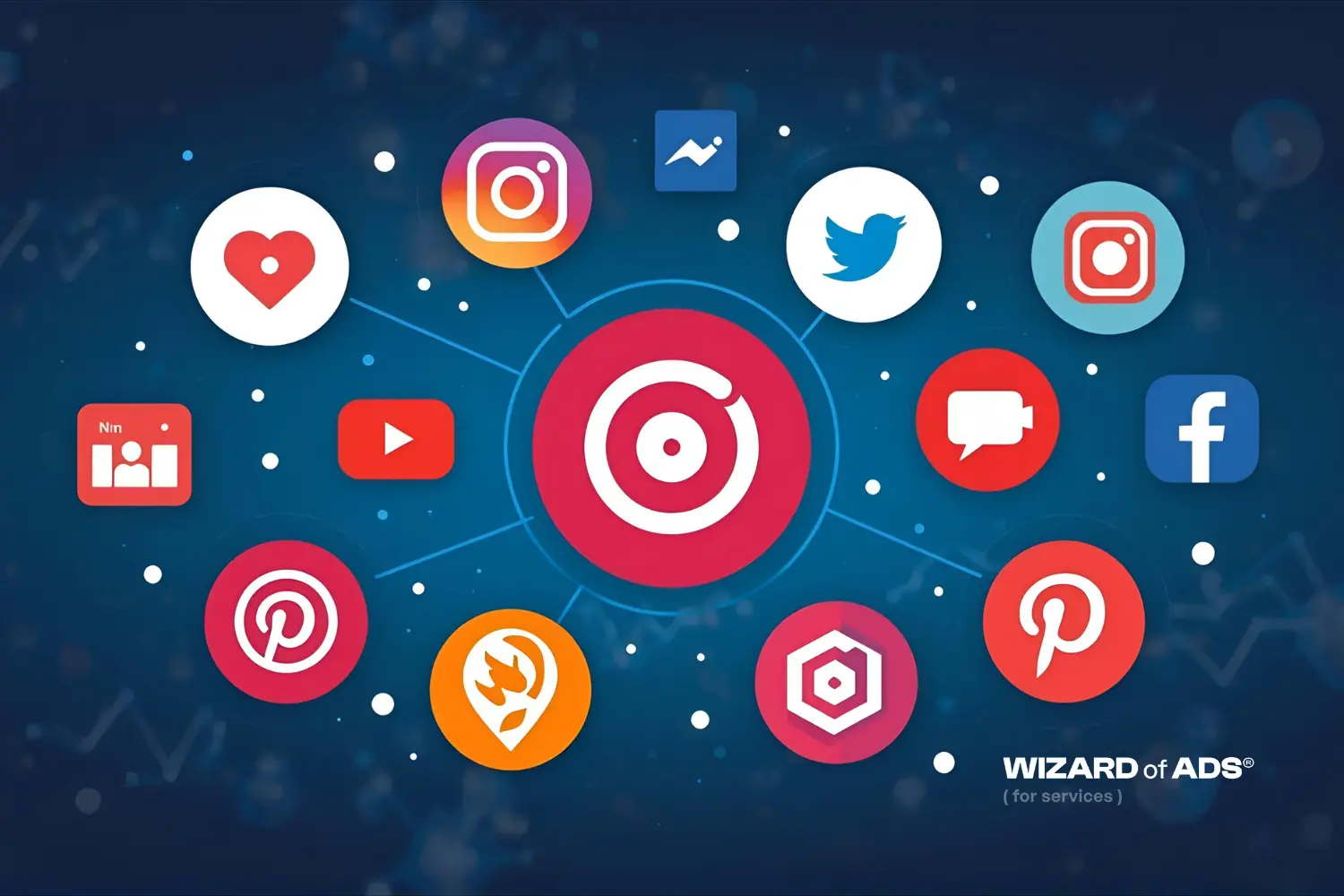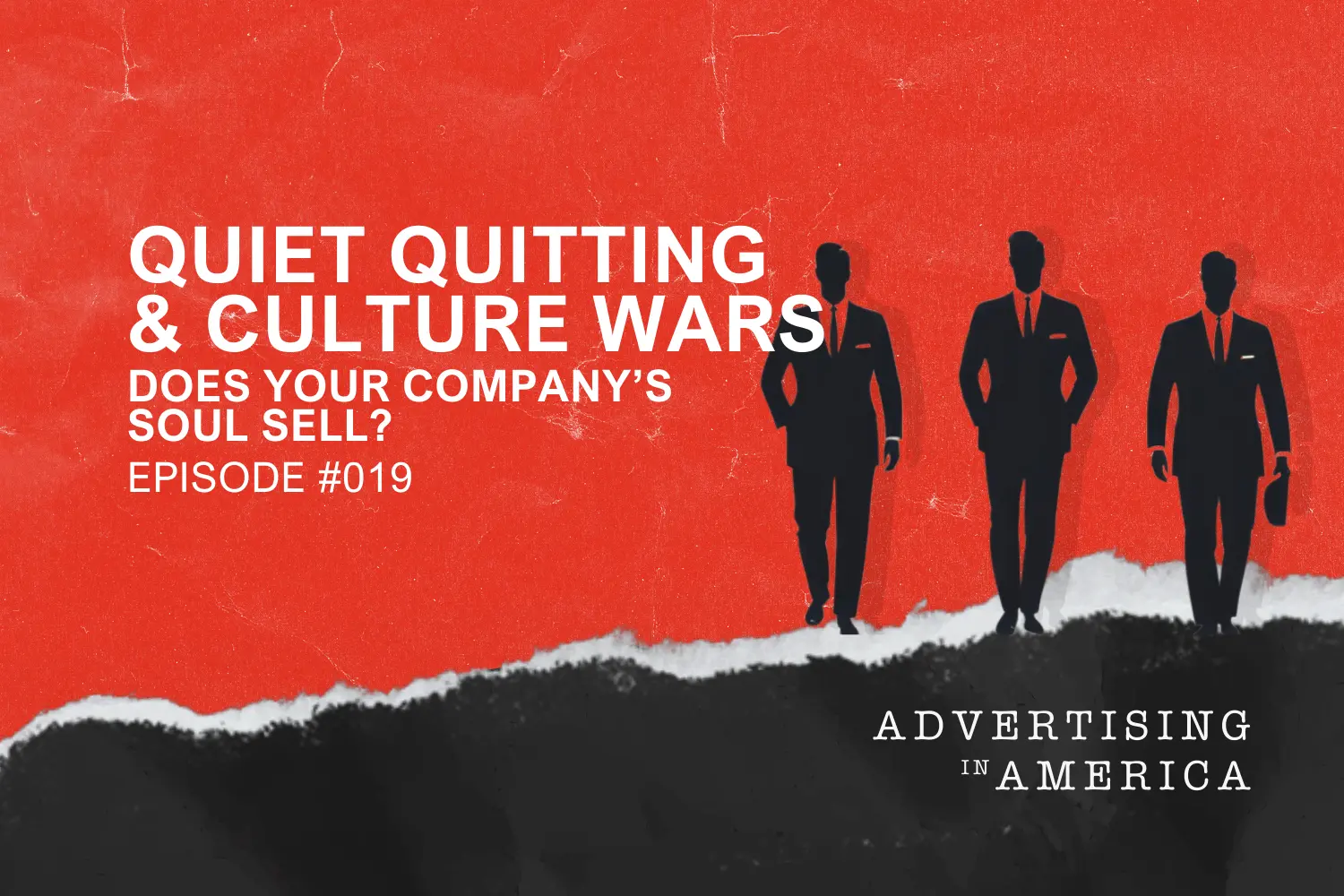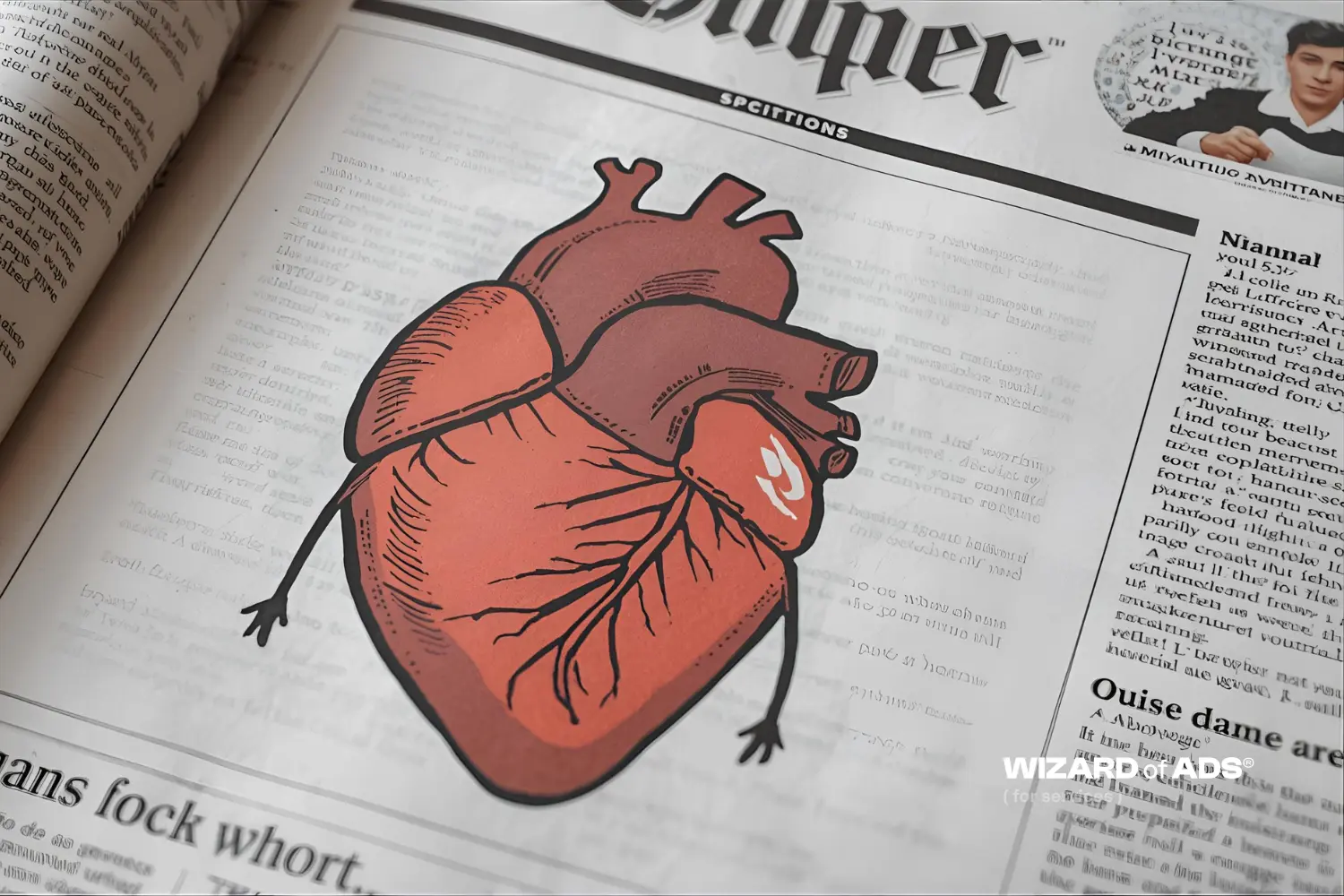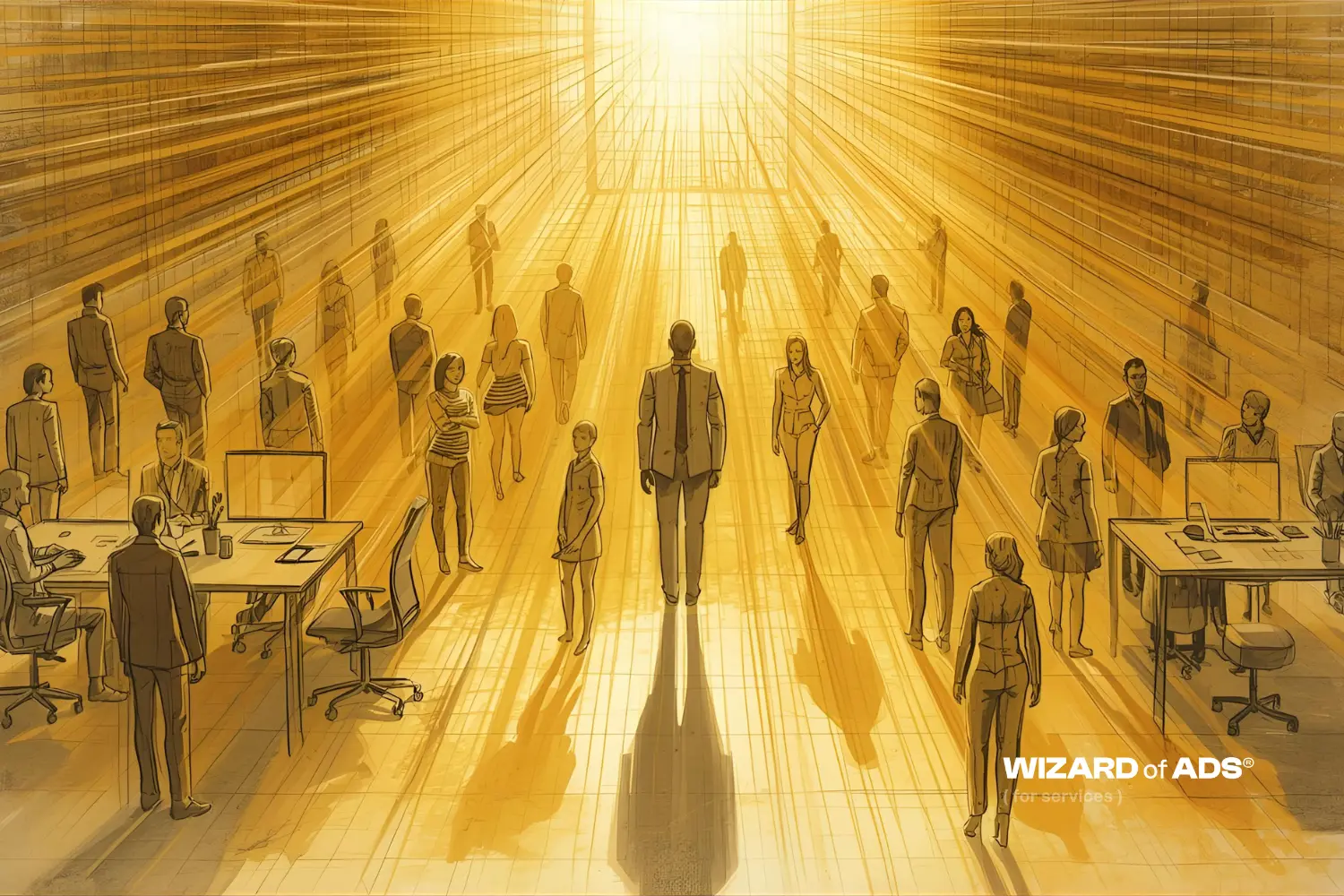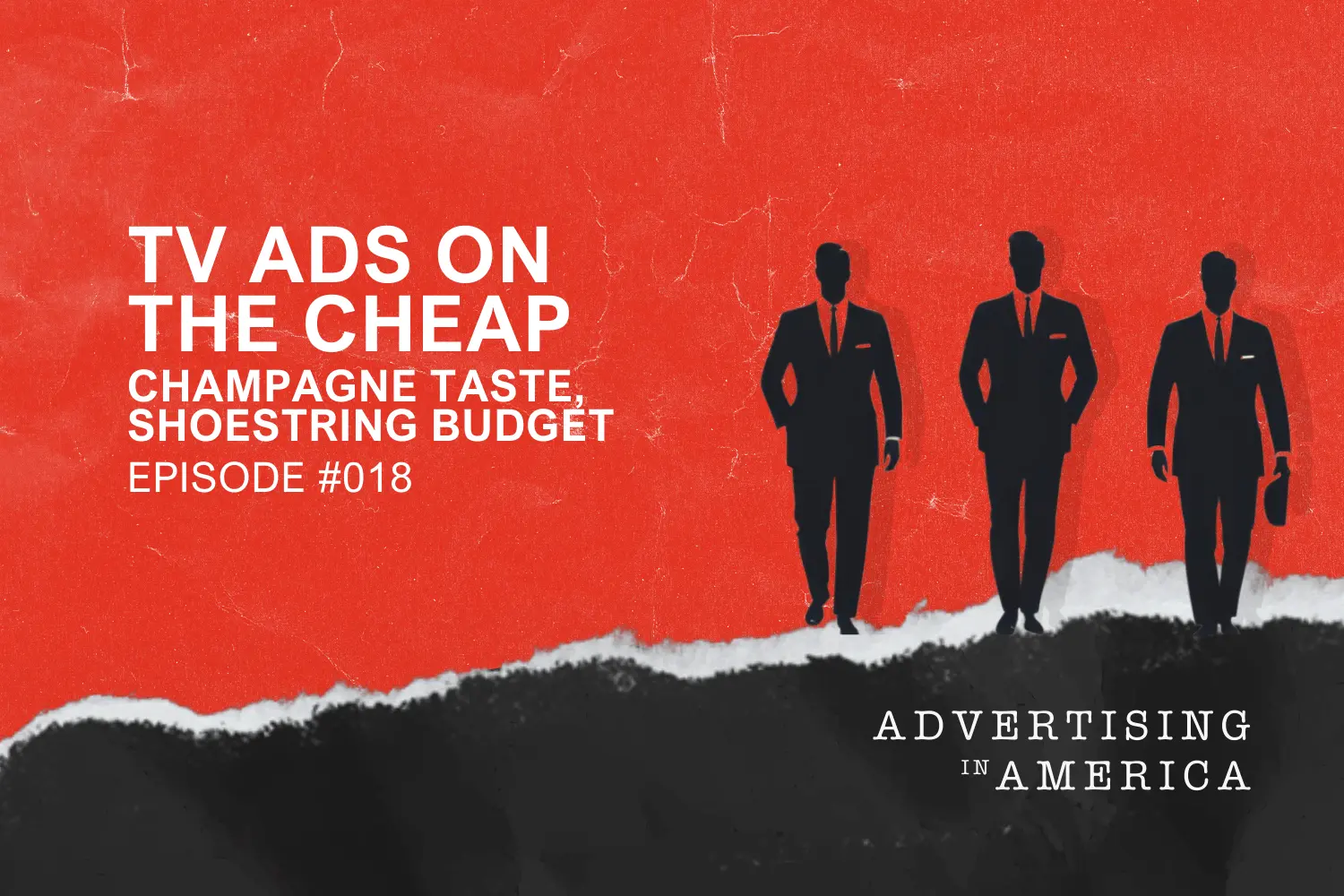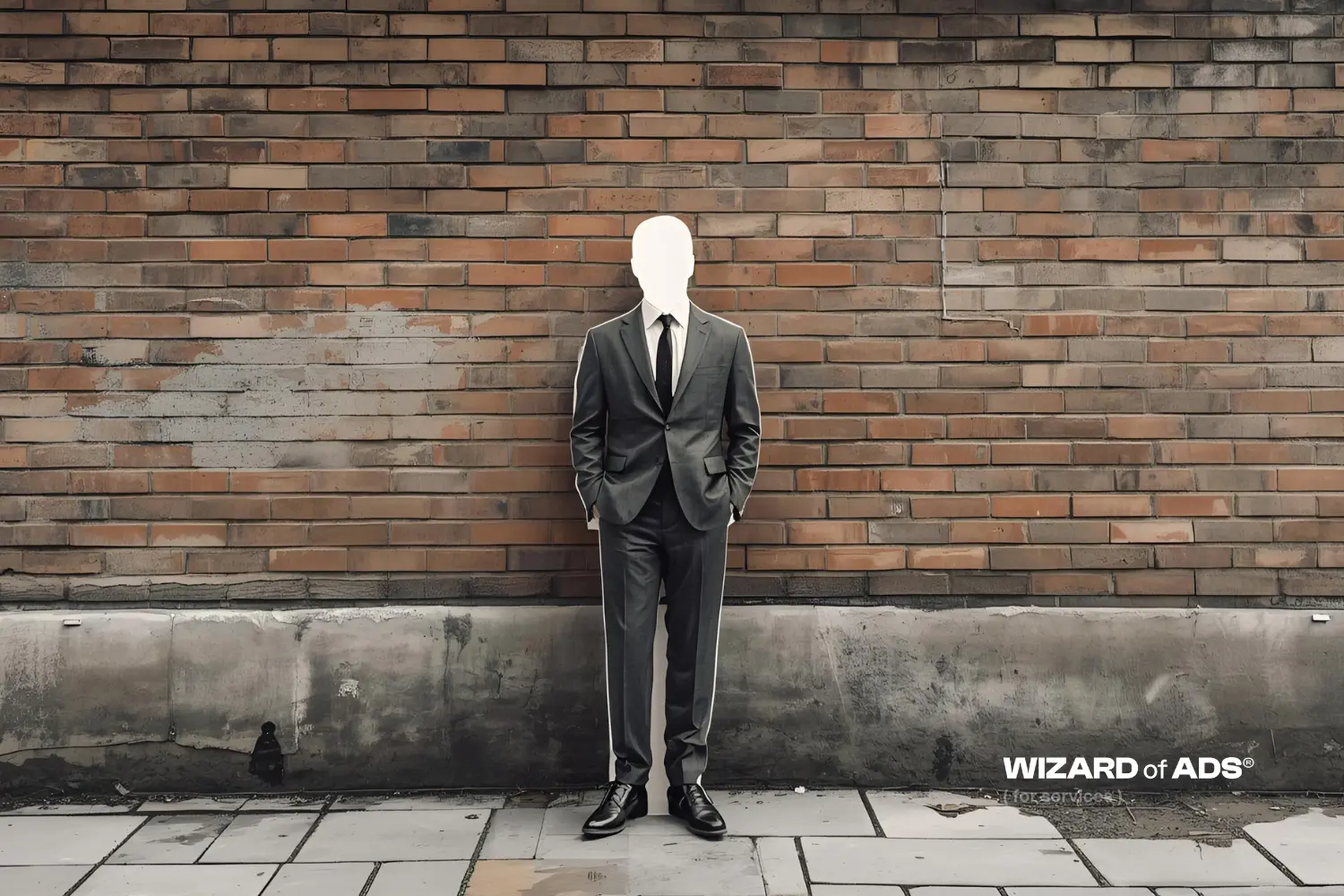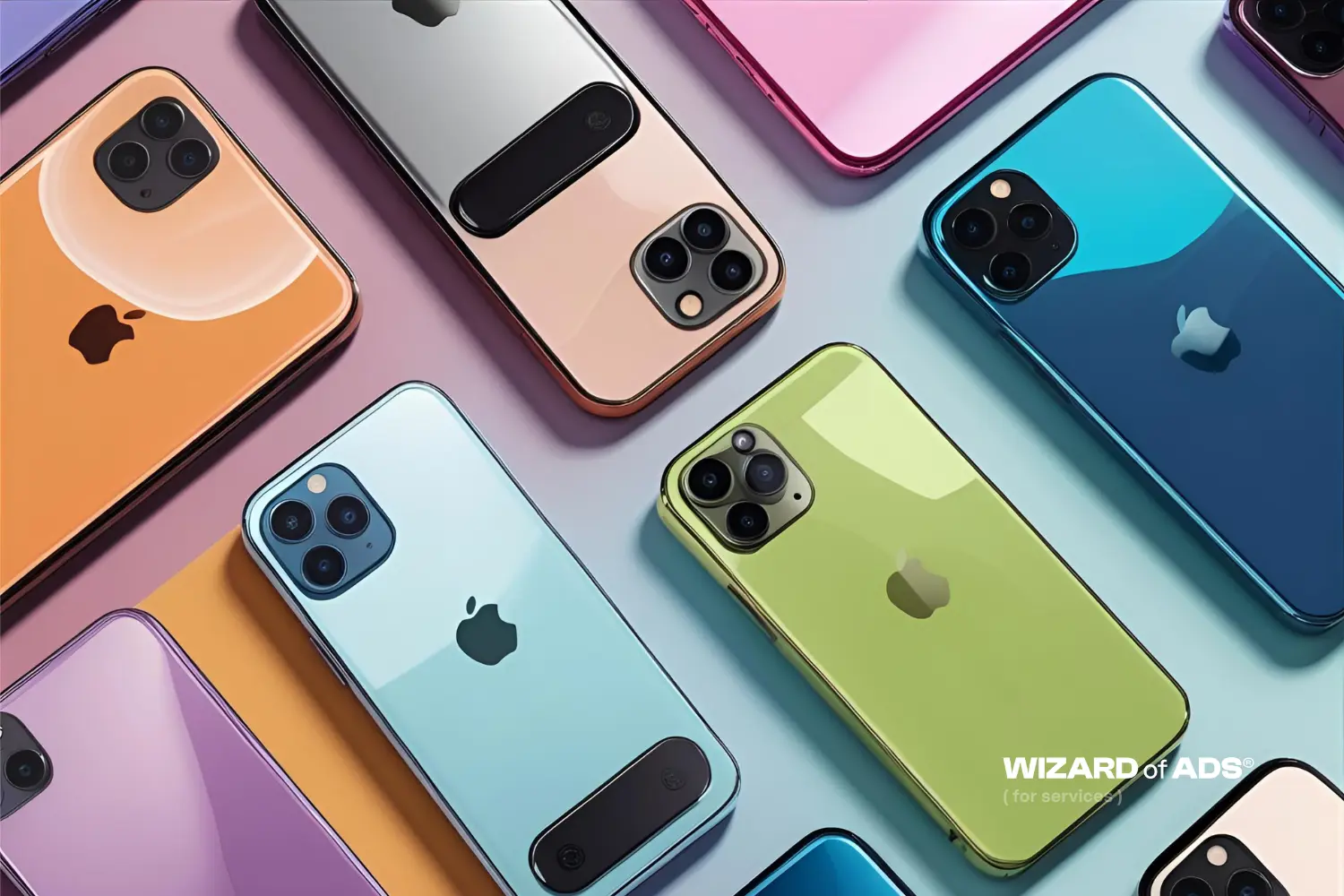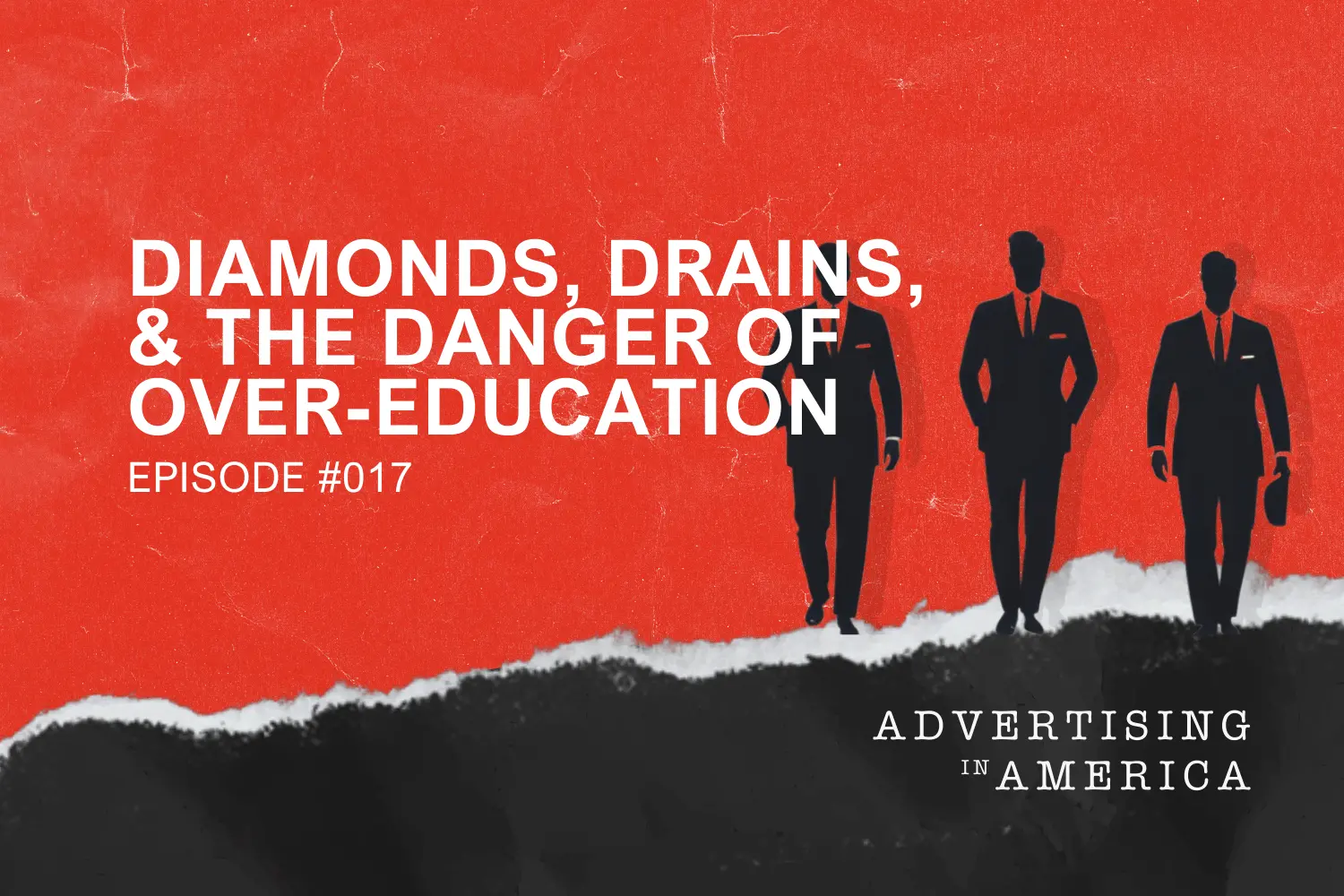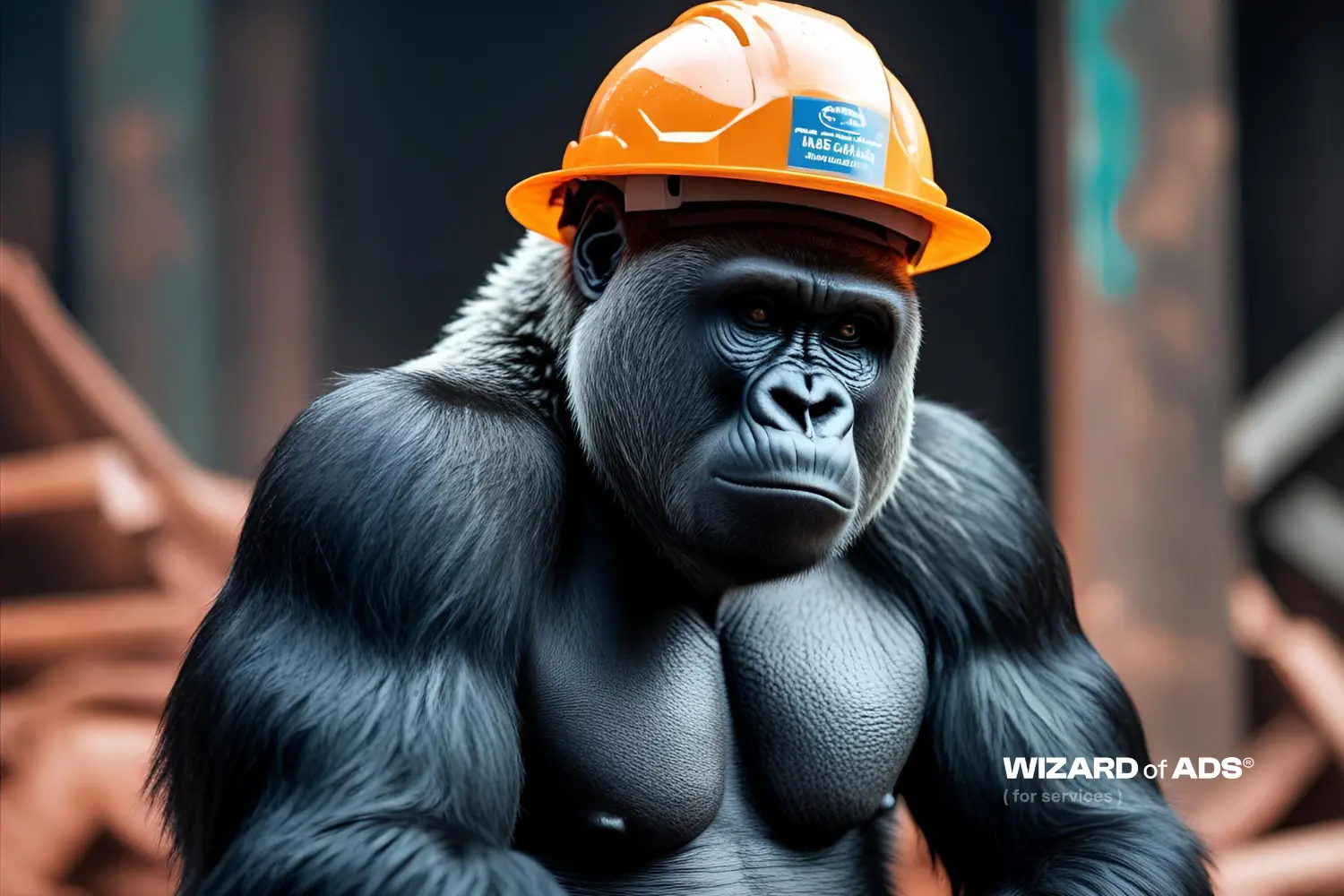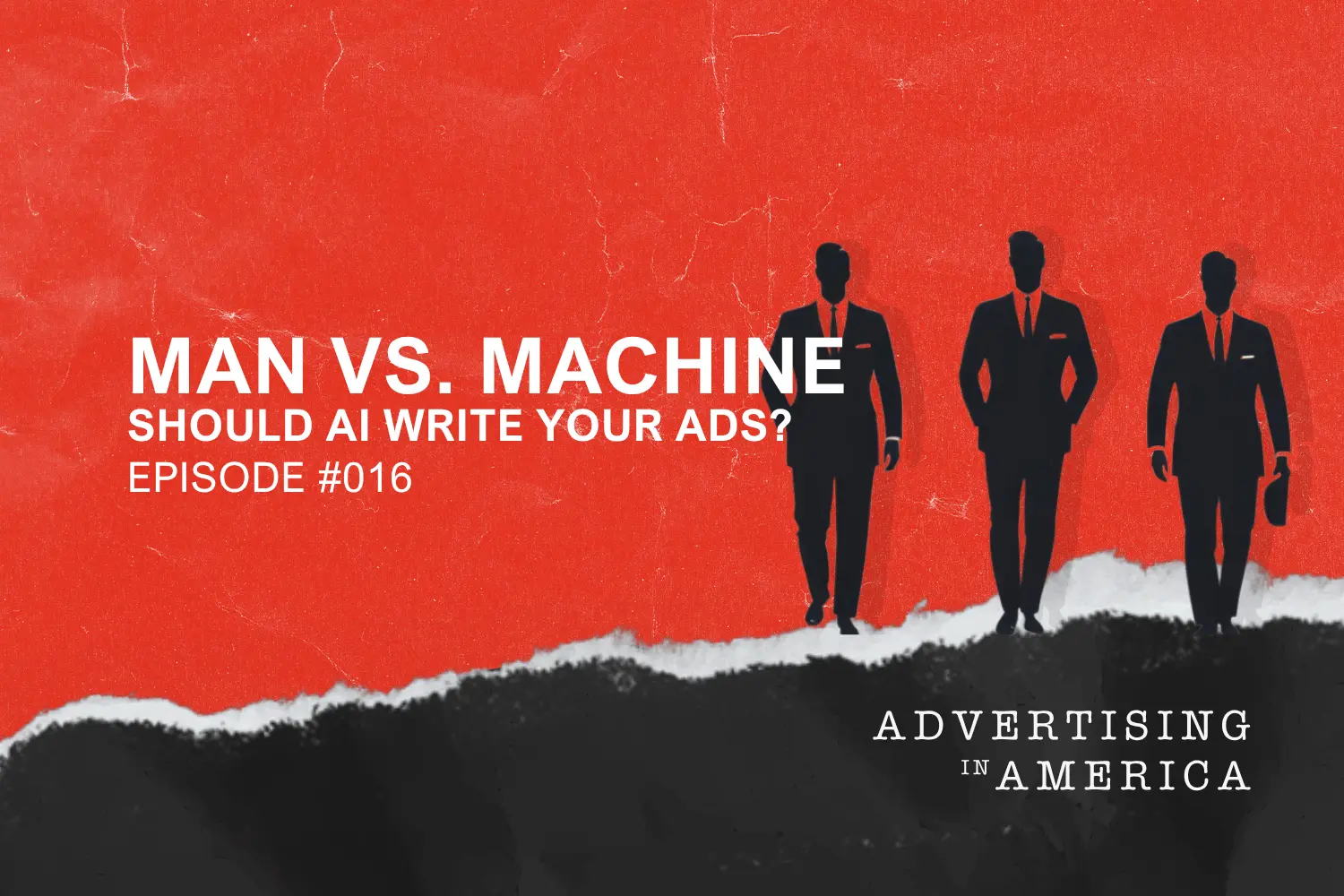
I believe that powerful advertisements trigger emotion and impulsive decisions. Designed to influence and control, advertising manipulates our thoughts, feelings, and actions to achieve commercial gain.
But while some controversial ads are created to spark discussion and challenge societal norms, others cause public outrage and backlash.
How do we define what’s controversial?
I define controversial ads as those that provoke strong reactions from the public. They might be offensive, harmful, or in bad taste. As a result of careless marketing decisions, controversial ads can cause severe damage to its reputation. Others, however, cause lifelong damage to the brand, customers, and the people that endorse(d) it.
12 of the Most Controversial Ads of All Time
People are drawn to controversial ads because they provoke a reaction from the public. Some people find them offensive, while others see them as a form of clever marketing. These ads are not afraid to push boundaries.
Whether you love them or hate them, there’s no denying that controversial ads get people talking. From banned commercials to bad print advertisements, here are my picks of the most controversial ads of all time:
PEPSI – Live Bolder, Live Louder
2020 held a lot of challenges– and for various reasons.
The United States, in particular, saw historic levels of social injustice alongside a global pandemic. After the deaths of George Floyd, Breonna Taylor, and other Black Americans at the hands of police, widespread protests ensued.
Like many other brands, Pepsi filmed and released a commercial responding to the Black Lives Matter (BLM) movement. Featuring Kendall Jenner, the ad showcases a group of protesters marching while the model hands a police officer a Pepsi.
This commercial was widely criticized for appropriating the BLM movement and trivializing the very real issues of racial injustice. In the wake of the backlash, Pepsi pulled the ad and released an apology, stating, “This is a global movement. We should all be part of the conversation.”

McDonald’s Restaurants
In 2017, McDonald’s released a commercial to advertise their Fillet-O-Fish. In the commercial, a young boy asks his mother various questions about his late father. Finding that he significantly differed from him, the boy seems discouraged and disconnected. However, when the boy and his mother arrive at McDonald’s, he’s told that his father’s favorite meal is the Fillet-O-Fish. This was also his favorite.
This commercial attracted criticism because it trivialized grief. While the commercial may have intended to be heartwarming, many viewers found it insensitive. McDonald’s has since apologized for any offense the commercial may have caused and pulled it from the air.
So, how can you catch attention without the controversy?
At Wizard of Ads® for Essential Services, we believe the message makes the media work; the media does not make the message work. That being said, we will work to produce a disruptive story without the need for the PR Department to stay on standby. Book a call with Wizard Ryan Chute today to learn more about our process.
Bristol Dry Gin
Alongside Pepsi’s distasteful commercial in 2020, other brands attempted to market the BLM movement that faced immense criticism. Bristol Dry Gin is a distillery in the UK that drew massive amounts of backlash for its distasteful Twitter post. The post read, “When the shooting starts, the looting starts,” followed by encouragement to use their gin as flammable devices.
Shortly after the post was made, the company removed it and released an apology. This apology, however, did not stop many businesses from dropping their product from their stores.
Lush – #SPYCOPS
In my opinion, Lush, a popular cosmetics brand, crossed the line in 2018 while referencing the British police system. Using the hashtag #spycops, Lush urged the public to demand an end to undercover police spying on activists. In the commercial, a woman is seen conversing with a man who turns out to be an undercover cop.
Because the commercial asserted that cops are paid to lie, it faced backlash from the police and their families. This outrage was taken to social media, where the hashtag #flushlush became viral. In response, Lush issued an apology and pulled the commercial.
Hyundai – Pipe Job
In 2013, Hyundai released commercial advertising their new ix35, which emits 100 percent water emissions. In the commercial, a man tapes a pipe from his exhaust to his window and starts his engine. The camera focuses on his sitting back with the garage closed, looking defeated. After exiting his vehicle, however, the man appears hydrated.
This controversial ad faced backlash as it was insensitive to those who lost loved ones to suicide or those who are suicidal. Hyundai released a statement apologizing for the ad and pulled it from the air.
Miracle Mattress
Miracle Mattress released a short advertisement on their social media in 2016 referencing the devastating terrorist attacks on September 11th. The commercial shows two men behind a woman with mattresses stacked to mimic the Twin Towers behind them. As part of their “Twin Tower Sale,” the woman is shown knocking the men behind her into the mattresses. The mattresses toppled over as the Twin Towers did after being struck.
Damaging their reputation irreparably, Miracle Mattress learned the hard way that some topics are just too sensitive to joke about. The company later apologized for the offensive advertisement, but not before social media lit up with outrage. The post has since been deleted.
Dove – Real Beauty Campaign
Dove received a massive backlash after releasing a commercial that depicted a black woman turning white after using their lotion. The commercial showed a black woman removing her top to reveal a white woman underneath. Many people interpreted the commercial as suggesting that white skin is the standard of beauty.
Sparking racist rumors, Dove quickly defended itself, stating that the commercial was misinterpreted. This sparked the hashtag #donewithdove on Twitter, with many people vowing never to use the brand’s products again.
Dove has since issued an apology and has pulled the commercial from the air.
WWF – the Tsunami Relief Campaign
In 2008, the WWF released an advertisement depicting the scenes of 9/11, listing the number of deaths. Showing cut scenes of planes striking the twin towers, they listed the number of deaths caused by the 2004 tsunami. Comparing these numbers, the WWF stated, “Our Planet is Brutally Powerful. Respect it. Conserve it.”
This commercial was extremely insensitive as the WWF capitalized on the tragic events of 9/11. The commercial faced widespread criticism and was quickly pulled from the air. The WWF reportedly placed blame upon its less experienced staff.
LifeLock – Social Security Number
In 2006, LifeLock, a US identity theft protection company, launched an advertisement that featured the CEO’s social security number. The company was confident that their services would protect him, so they printed his social security number in the ad. (Un)surprisingly, within days of the ad’s launch, the CEO’s identity was stolen more than once.
In a (slightly) humorous way, I think the ad did a great job showcasing the effects of poor advertising.
The company had to pay a 12 million dollar fee due to the false advertisement. The company has been associated with lying and poor service, damaging its reputation and overall revenue.
Dettol
Dettol is a multi-purpose antiseptic disinfectant used for household cleaning and disinfecting the skin. Their controversial advertisement features an image of a dead body with a man walking away covered in blood. Alongside the imagery, the tagline reads, “When ordinary soap just won’t do..”
Sparking extreme controversy, the ad does not perform well due to associating their product with murder and death. Simply put, there are many other ways to market disinfectants without using such graphic and disturbing images.
Sprite
Sparking rumors of misogyny, Sprite released an advertisement in 2016 with the tagline, “She’s seen more ceilings than Michelangelo.” This controversial ad was posted on the Joe.ie news website, which is popular among young people in Ireland. The ad received immediate backlash, with many people finding it highly offensive.
Proving that sex doesn’t always sell, Coca-cola later released a statement apologizing and pulled it from circulation. However, the ad had already been widely shared online, damaging Sprite’s reputation.

KFC
In 2018, KFC addressed the chicken shortage crisis by rationing chicken and even closing some of its stores in Britain. To apologize for the inconvenience, KFC ran a full-page ad with the headline, “FCK.”
By rearranging their letters, they attempted to showcase their mutual anger alongside their customers. However, this advertisement did not come without backlash as some people thought using the F-word was inappropriate.
How, then, can you successfully advertise without controversy?
Ad design can quickly become controversial if you’re not careful. It’s easy to unintentionally offend someone with your ad, especially if you’re targeting a large audience. As such, it’s essential to be aware of the potential pitfalls of ad design before you get started.
At Wizard of Ads® for Essential Services, we understand the importance of ad design and take the time to get it right. Our hand-picked team of storytellers works to create effective ad campaigns that catch attention without crossing the line. Book a call today to learn more about our process, or get started on your next ad campaign.

